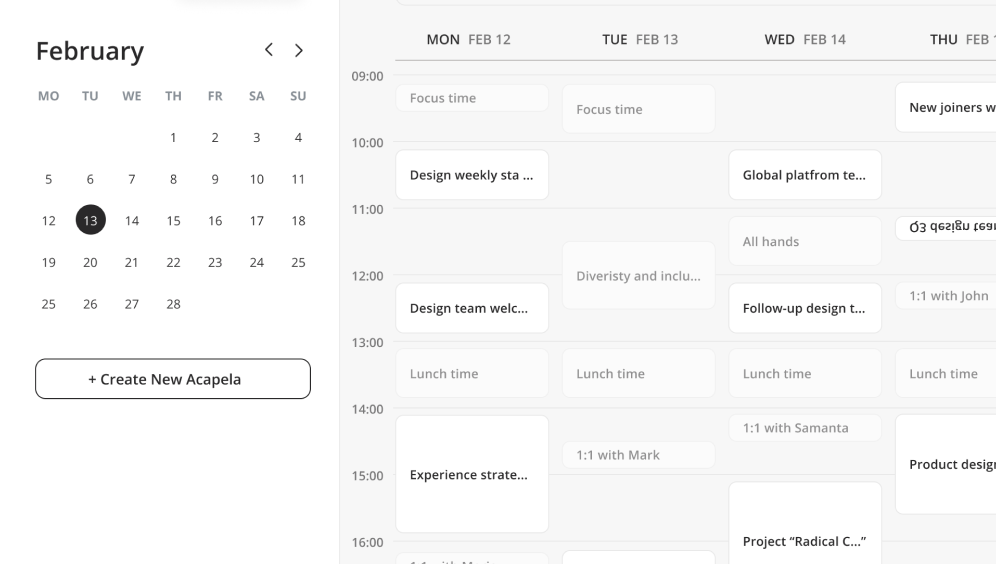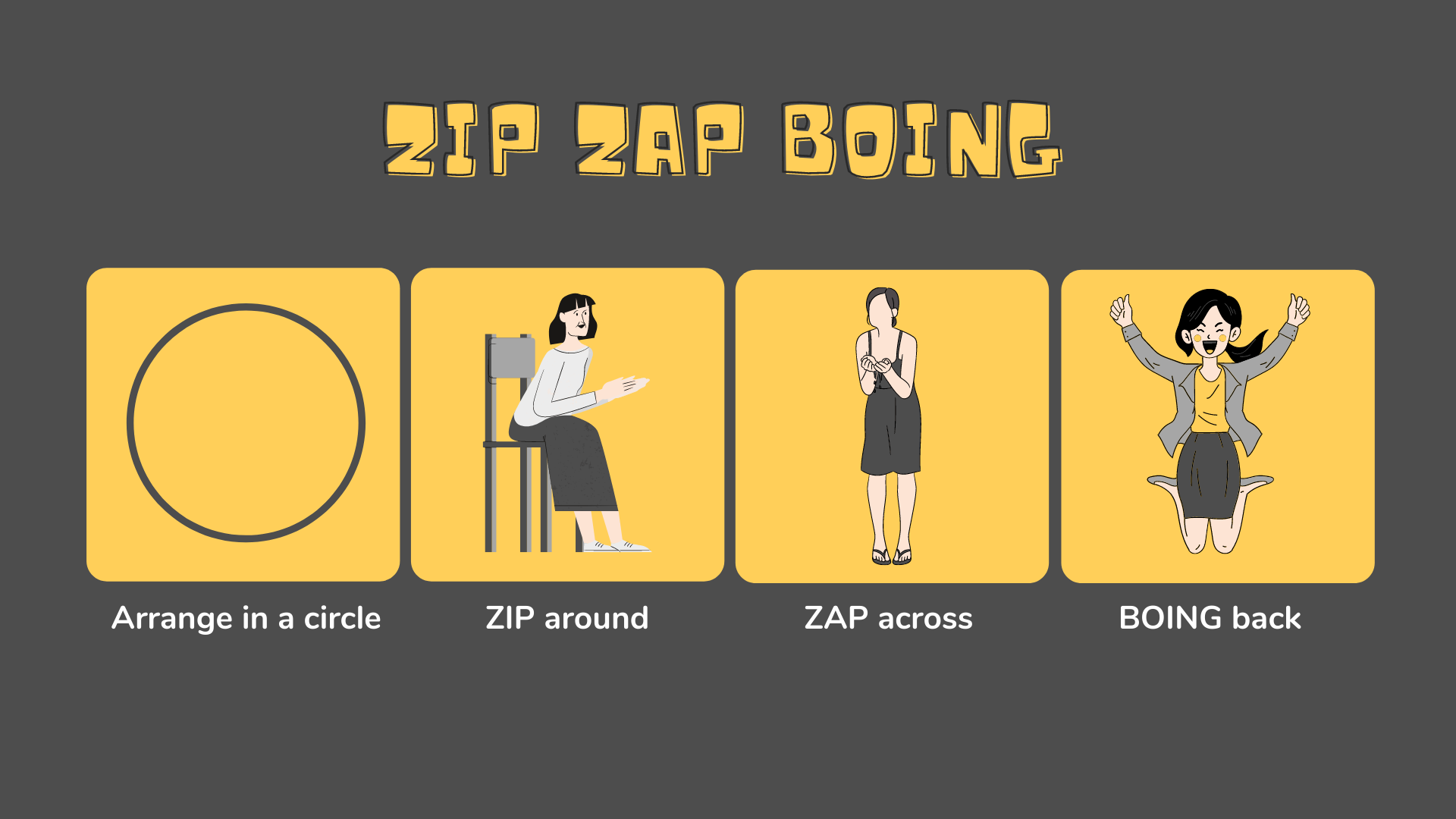Async Meetings
What are the implications of the next big push into deep, async work?

A new collaboration tool has appeared: https://acape.la
The Berlin-based startup responsible describes it as an 'async meetings tool'. It allows each meeting participant to "contribute to meetings when it suits you using next level video, text or voice messaging".
As you know, we're total nerds for making meetings better so we sat down with Maurice (who is leading their growth efforts) to find out more.
Async For The Win
As facilitators and coaches, we've long known that teammates benefit greatly from having control over when and how they participate in conversations.
More specifically, the second most important productivity tip* we ever offer people is...
Carve out blocks of uninterrupted time so you can get into flow.
This approach is basically impossible unless you can communicate asynchronously with colleagues. Otherwise, your focus is constantly at the mercy of everyone who wants to talk to you.
Acapela is starting with the idea that, even for things you'd call a 'meeting', async communication is generally preferable.
It's a fascinating idea as it challenges us to think about other async collaboration modes (email, chat, ...) and imagine a meeting that could take place using those kinds of rhythms.
We found ourselves playing with these ideas a lot during our conversation with Maurice...
- Is this just Slack with video?
- Is this just Loom with threading?
One of the key pieces of design they're currently wrestling with is whether a meeting has many topics or a topic has many meetings. Both make sense conceptually and, over the coming year, we expect to see more tools emerge in this space as companies nail down which permutation of concepts will be most enabling.
However it happens, it's a safe bet that the concept of async meetings is going to achieve a meaningful level of adoption in the workplace. Advantages like cross-timezone-inclusivity and the ability to update the roster of an in-progress meeting will be irresistible for some teams.
The Collaboration Problem
It's there, however, that we find the dilemma that prompted us to meet with Acapela in the first place.
You see, in synchronous communication, each participant can apply 'back pressure'. If someone can't find time with you this week, they have no choice but to try again next week. The topics can only go as fast as your mutual availability.
When you move to an async model, there is no such effect. One person is free to load up other people with as many topics and conversations as they want to start. In other words, 'async meetings' can easily imply 'limitless meetings'.
Tools like Acapela have the opportunity (as part of their UX) to help a little by nudging people to be judicious when creating a 'meeting'. That said, even with those nudges, teams still need to have good, scalable collaboration norms and culture to really combat this issue. This is one of the most prominent reasons we do what we do.
As you think about whether tools like this might be for you, you might consider some of our key questions on the subject...
- Is this really a meeting? What is our definition of a meeting and how does this tool cast new light on that definition?
- How long can an async meeting last? Who / what decides when it's over? Will work topics turn into one, giant async meeting (see also: single-channel, multi-threaded Slack usage)?
- What happens when people have fundamentally different criteria for which meetings should / shouldn't be async? What if the internalized learners all think that async meetings are the best way to do problem solving and the externalized learners think that this idea sounds about as appealing as solitary confinement?
Would you be excited to use an async meeting tool? Are the current, synchronous limits on your meetings holding you back or are they an important safety measure?
* Our number one tip is: say 'no' often, say 'yes' carefully. It turns out that 'no' is the ultimate productivity hack.
You might be interested in our Focus and Flow workshop, designed to help remote and hybrid teams approach collaboration and productivity in a healthy way.
We also provide consulting for teams who need more tailored support.


